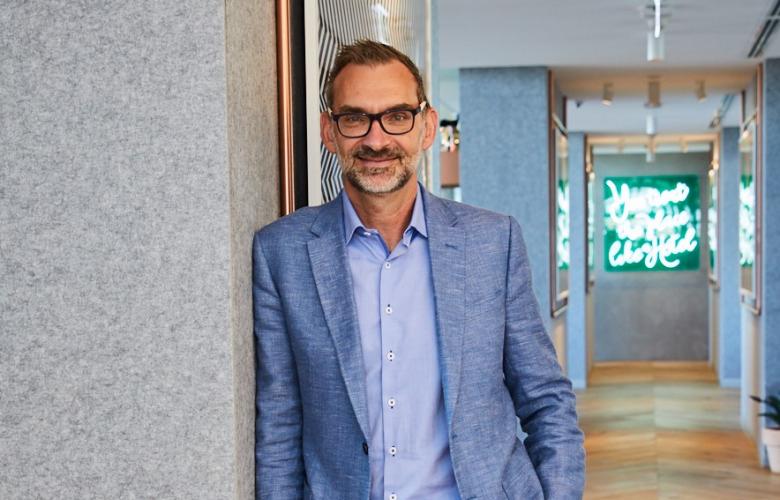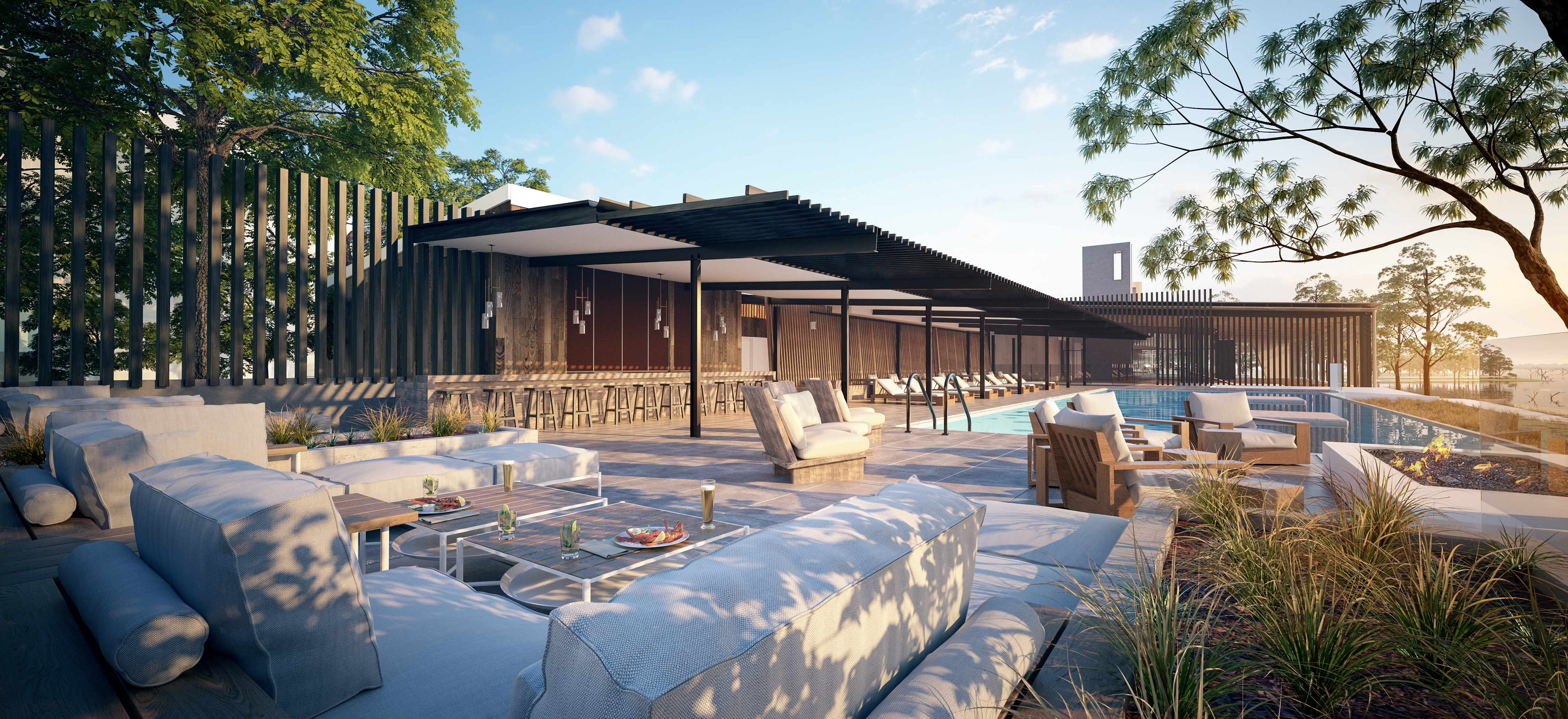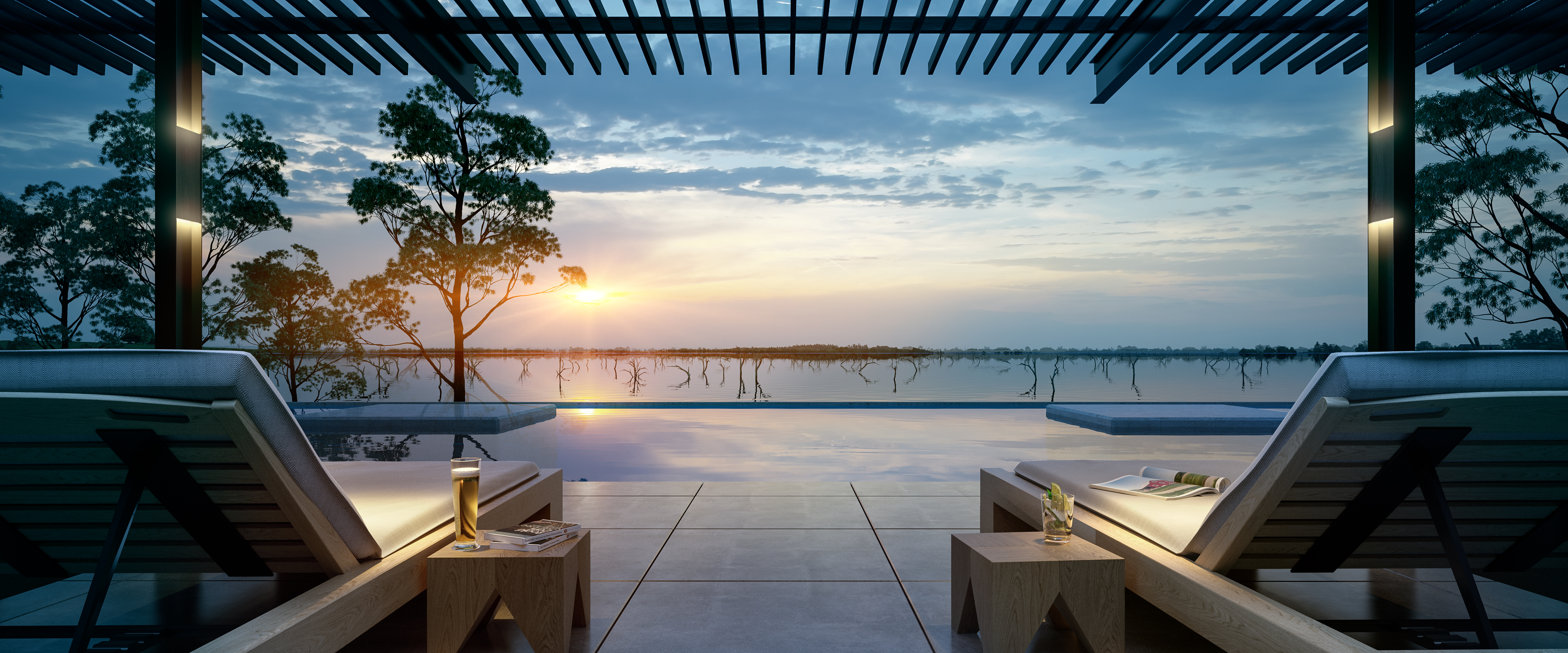'There will need to be a focus on personalised service': Hotel expert Michael Smith shares his views on the road ahead
Contact
'There will need to be a focus on personalised service': Hotel expert Michael Smith shares his views on the road ahead
Ananas Consulting CEO Michael Smith chats with WILLIAMS MEDIA about what changes guests can expect when hotels resume service following their COVID-19 hiatus.
Michael Smith, CEO of Ananas Consulting, has more 25 years in leadership and management roles for large, global hospitality companies.
He now provides support and advice across a broad range of hotel operations including Asset Acquisition, Pre-Opening support, Team Sourcing and Management and Sales & Marketing amongst others.
Having recently deveoped a series of discussion papers on post Covid-19 Recovery and Cost Management, Mr Smith spoke with WILLIAMS MEDIA about how Australia's hotel sector is shaping up post-Covid.
How do you think the Australian hotel market has handled the COVID-19 crisis so far?
The industry has handled the pandemic extremely well. The challenges of reduced revenue streams were upon them very quickly and required leaders to adapt quickly and team members to understand the owner's position. Many pivoted to service federal and state health services, others offered working space for those needing an office environment, or shelter to those in vulnerable situations. Hotels have so far been very compliant with government regulations throughout the period and focused on doing what they can to be in the best position to re-open.
An artist's impression of The Sebel Yarrawonga, which is set to open in August. Source: Ananas Consulting
What do you think are the main lessons to be learned from the pandemic?
The industry can’t continue to expect that hotels will see constant year-on-year growth and be running at an annual occupancy of plus 90 per cent. Leaders need to maximise the opportunities of strong demand when they can but also be prepared for the downs. There is going to be a shift of sole reliance on distribution and revenue management to needing strong sales and marketing teams. Market mixes will need to change and growing new markets requires experience and good sales relationships. The approach of CBD hotels and regional properties will be different. For example, a property like The Sebel Yarrawonga opening in August will be able to deliver luxury and relaxation to the leisure market who are looking for escapism while being very capable of good social distancing requirements for business events.
What do you think will be the trends to come out of the pandemic?
There will naturally be a focus on safety, such as improved cleaning regimes and no buffets at breakfast, but giving guests choice as to how they want to interact with the hotel will be the greatest change. Options such as kerbside or online mobile check-in as well as at a traditional desk is an example. Hotels will need to focus on personalised and experience-driven service to compensate for other areas of the guest offering where they have needed to make cost savings.
The view from the spa area of the The Sebel Yarrawonga. Source: Ananas Consulting
What do you see as the major obstacles for the recovery?
The greatest obstacle will be restrictions being placed on market segments such as corporate and business events as well as governance around the re-opening of international borders. Hotels, particularly in the short term, will need to work on restructuring their teams and service offerings. For example, utilising flexible resources such as sharing staff with other hotels, hubbed teams or engaging consultants to be able to manage the ups and downs of demand.
How long do you think the market will be reliant on domestic travel going forward?
As a long haul destination, Australia has always been reliant on domestic travel and hotel pricing has very much been set by the business of large local corporate companies. International arrivals are what takes us from being good to great in terms of RevPAR. The good news is that Australia has handled the pandemic well and will be seen as a safe and attractive destination to either do business or holiday which will see some upside next year.
Click here to download the discussion papers.
Similar to this:
Hotel industry praised by NSW Government for its contribution to fighting COVID-19
WA Hospitality workers to undergo new COVID-19 hygeine training
'In many ways, it has brought us closer': How Wyndham Destinations is navigating the Covid-19 crisis









